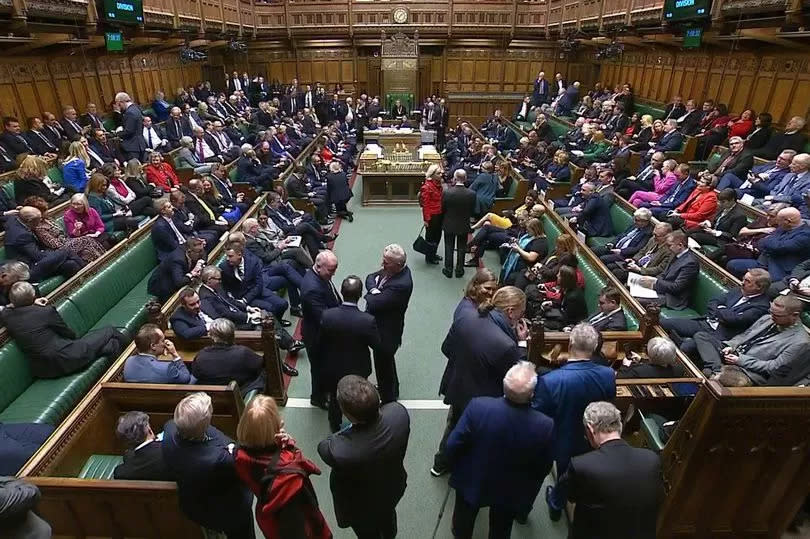What happens to MPs who lose their seat in a general election

While many MPs across the UK are celebrating holding on to their seats in the general election - for others it will be a different story.
However, for those MPs who have lost their seats, it will be a period of uncertainty as they have effectively lost their job overnight. It also means their staff will also be made redundant, offices closed, and flats or homes moved out of.
As a result, outgoing MPs receive financial support through the Independent Parliamentary Standards Authority (IPSA). According to the IPSA, the body which governs MPs’ expenses, former MPs have four months to wind up their parliamentary affairs from the day after polling day. This is known as the "winding-up period".
READ MORE: Follow the latest general election 2024 results, news and updates in our live blog
Tasks that need to be carried out during this period include making staff such as researchers, campaign officers, and assistants redundant; giving notice on any office or accommodation leases; repaying any owed money and disposing of equipment.
The IPSA will also pay the MP's salary up to and including polling day. All departing MPs receive a Winding-up Payment to assist them with completing any outstanding parliamentary work and closing down their offices.
This amount is four months’ salary and is standard whether the MP was based in London or not. As of April 2024, the annual salary for an MP was £91,346. The Government’s tax calculator estimates this would mean take-home pay is £63,541.68 – which would suggest four months of salary is about £21,000.
If an MP has two years of service or more, they are also entitled to Loss of Office Payment, which is equal to twice their statutory redundancy allowance. MPs who have stood down are not entitled to this payment.
Previously MPs only received two months of support after losing their seat in an election. However, it was agreed last year that should be increased to four months
IPSA said the decision was made because the time to fully close down an MP’s parliamentary and financial affairs is longer than the period covered.
The ruling said: “Former MPs will continue to have access to their normal budgets (pro-rated) for that four-month period, and they will continue to employ staff as needed to assist them in winding up their affairs.”

 Yahoo News
Yahoo News 
